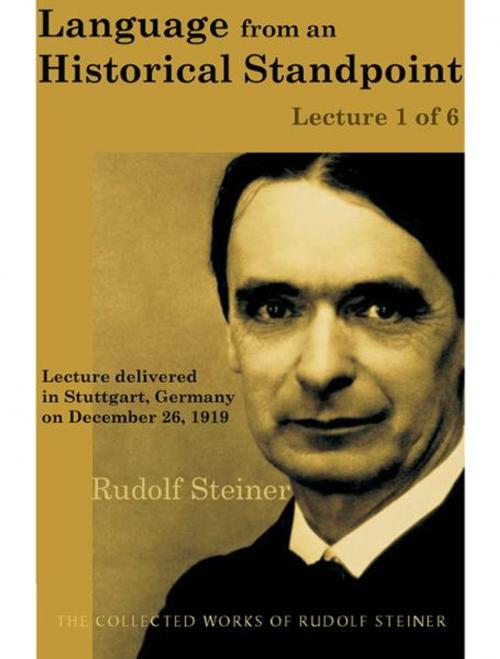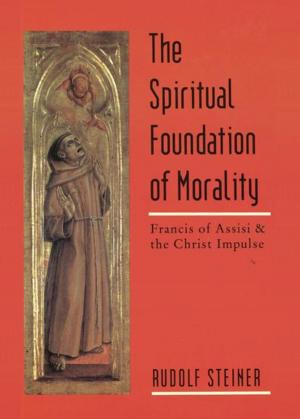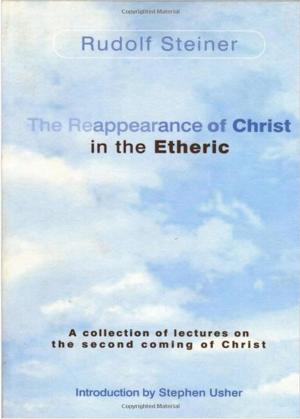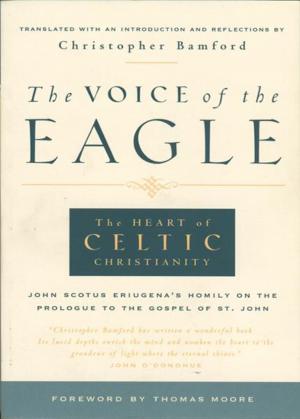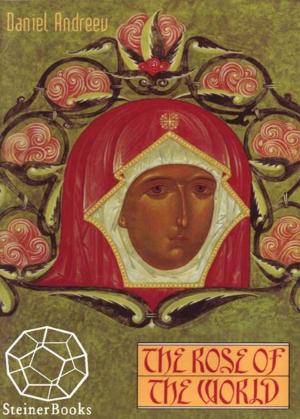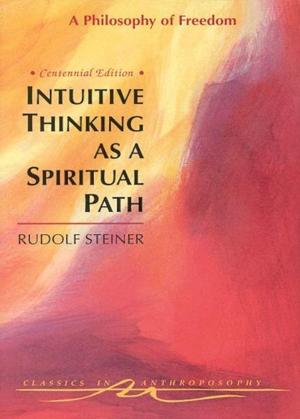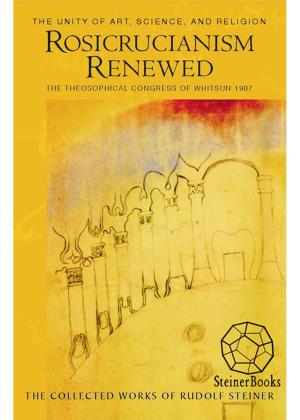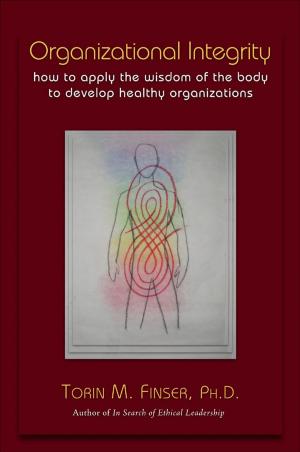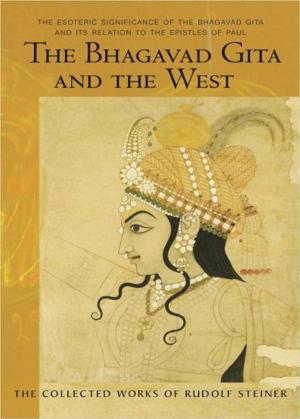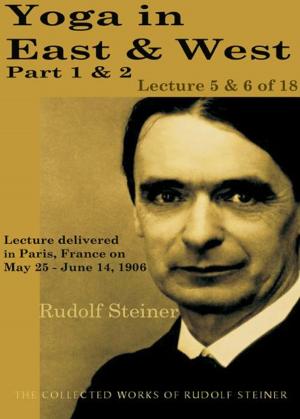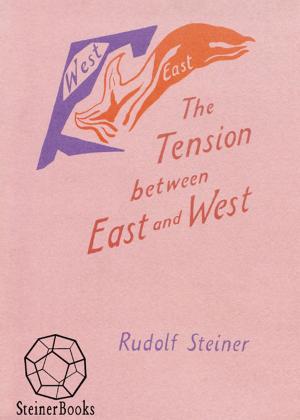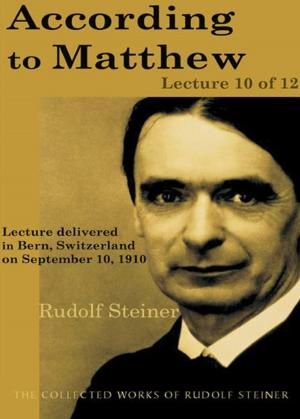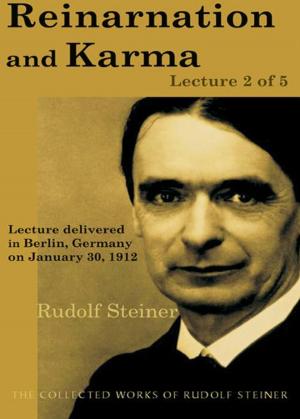Language from an Historical Standpoint (Lecture 1 of 6)
Nonfiction, Reference & Language, Education & Teaching, Educational Theory, Philosophy & Social Aspects| Author: | Rudolf Steiner | ISBN: | 9780880107365 |
| Publisher: | Steinerbooks | Publication: | October 1, 1995 |
| Imprint: | SteinerBooks, Collected Works 299 | Language: | English |
| Author: | Rudolf Steiner |
| ISBN: | 9780880107365 |
| Publisher: | Steinerbooks |
| Publication: | October 1, 1995 |
| Imprint: | SteinerBooks, Collected Works 299 |
| Language: | English |
This lecture is part of the collection "The Genius of Language" by Rudolf Steiner. Steiner (1861-1925) was an Austrian philosopher, social reformer, architect, and esotericist. He gained initial recognition as a literary critic and cultural philosopher. At the beginning of the 20th century, he founded a spiritual movement, Anthroposophy. He is considered the father of Waldorf education, biodynamic agriculture, anthroposophical medicine and spiritual science. Relation of a peoples language to its soul life. Coining new words for the present age still possible in German, less so in the West. The genius of language. Historical entrance of Greek and then more strongly the ideas and vocabulary of Christianity into Germanic areas. Language-forming power and how it dwindled. Influence of French, Italian, Spanish, and finally English on the German language. The inmost kernel of language: penetration of sense into sound.Relation of a peoples language to its soul life. Coining new words for the present age still possible in German, less so in the West. The genius of language. Historical entrance of Greek and then more strongly the ideas and vocabulary of Christianity into Germanic areas. Language-forming power and how it dwindled. Influence of French, Italian, Spanish, and finally English on the German language. The inmost kernel of language: penetration of sense into sound. The entire Collected Works of Rudolf Steiner are available from SteinerBooks.
This lecture is part of the collection "The Genius of Language" by Rudolf Steiner. Steiner (1861-1925) was an Austrian philosopher, social reformer, architect, and esotericist. He gained initial recognition as a literary critic and cultural philosopher. At the beginning of the 20th century, he founded a spiritual movement, Anthroposophy. He is considered the father of Waldorf education, biodynamic agriculture, anthroposophical medicine and spiritual science. Relation of a peoples language to its soul life. Coining new words for the present age still possible in German, less so in the West. The genius of language. Historical entrance of Greek and then more strongly the ideas and vocabulary of Christianity into Germanic areas. Language-forming power and how it dwindled. Influence of French, Italian, Spanish, and finally English on the German language. The inmost kernel of language: penetration of sense into sound.Relation of a peoples language to its soul life. Coining new words for the present age still possible in German, less so in the West. The genius of language. Historical entrance of Greek and then more strongly the ideas and vocabulary of Christianity into Germanic areas. Language-forming power and how it dwindled. Influence of French, Italian, Spanish, and finally English on the German language. The inmost kernel of language: penetration of sense into sound. The entire Collected Works of Rudolf Steiner are available from SteinerBooks.
